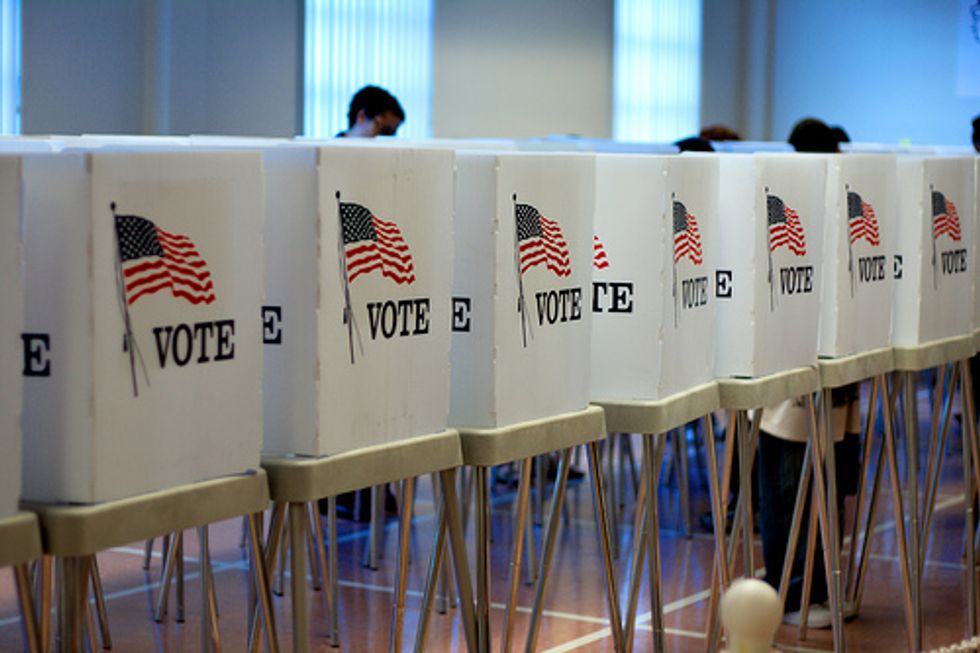If you’re mildly interested in politics, or have passed an eighth grade civics class, you know the basics of how an election works. Candidates announce that they are running for office, people vote in the primaries to get a nominee from each of the two major political parties, and then the real election takes place. The general public comes out to vote, everyone watches the major news network of their choosing, and news anchors eagerly await the opportunity to be the first to announce who the new President of the United States is. Election Day is the culmination of years of campaigning on each presidential hopeful’s part and months of Facebook ranting on your racist uncle’s part. Everyone gets so involved in the general election that it seems like it’s the only thing that matters.
Except that the general election is the very end of the road. There are plenty of steps along the way. The most important of these steps is the Presidential Primary election. In the primaries, for those who don’t know, each candidate that is competing for their respective party’s nomination is on the ballot. As of the time of this writing, there are five major candidates from the Democratic Party- the most prominent two being Hillary Clinton and Bernie Sanders. The Republican Party has 17 candidates listed on major polls, with Donald Trump currently leading the polls ahead of candidates such as Jeb Bush, Scott Walker, Marco Rubio, and Ted Cruz. With so many different candidates running from so many different regions of the United States, no two candidates have the same view on every topic. Only one Democrat and one Republican can be selected, though. This is where the primary elections are crucial.
Many states, including New Jersey, require that a voter declare their party before voting in a primary election in order to prevent Republicans voting for weak Democratic candidates and vice-versa. This is a good thing. You should be voting for a candidate you can get behind, because that candidate might just be the next President of the United States. Voting in the primary election that your state holds is important, especially given the number of candidates running from each side. Think Bernie Sanders is the best hope this country has for getting back on track? If you’re a liberal college student who thinks that his plan to make college free is pretty nifty, or if you think he should be getting more attention for taking the time to reach out to #BlackLivesMatter activists to work on his reform policies, then you’d better get out to the voting booth and vote that way. Sanders can’t become President without getting the Democratic nomination, and he’s against the former Secretary of State and Democratic favorite, Hillary Clinton. Are you a Republican who thinks that the nonsense that Donald Trump wants to make into public policy will ruin the United States? Think his plan to build a wall along the US-Mexican border and make Mexico pay for it is ridiculous? Go out and vote for another candidate in the primaries, because he’s in the lead.
One of the most common complaints about the election season is that voters feel like they are forced to decide between the lesser of two evils. It doesn’t have to be that way, though. The primaries are a way to make sure that everyone can cast their vote to let the parties know, well, who they want to cast their vote for. If you’re not sure which candidate you should vote for, that’s OK! There are websites like www.isidewith.com that will let you take a questionnaire and match you with the candidates you most strongly agree with and allow you to compare your views with theirs. Not sure when your state holds its presidential primary? You’re in luck, because there are places like www.mytimetovote.com that can tell you just that. So what are you waiting for? Study up on what candidates resonate with you, and make sure you vote in the election before the election!








































